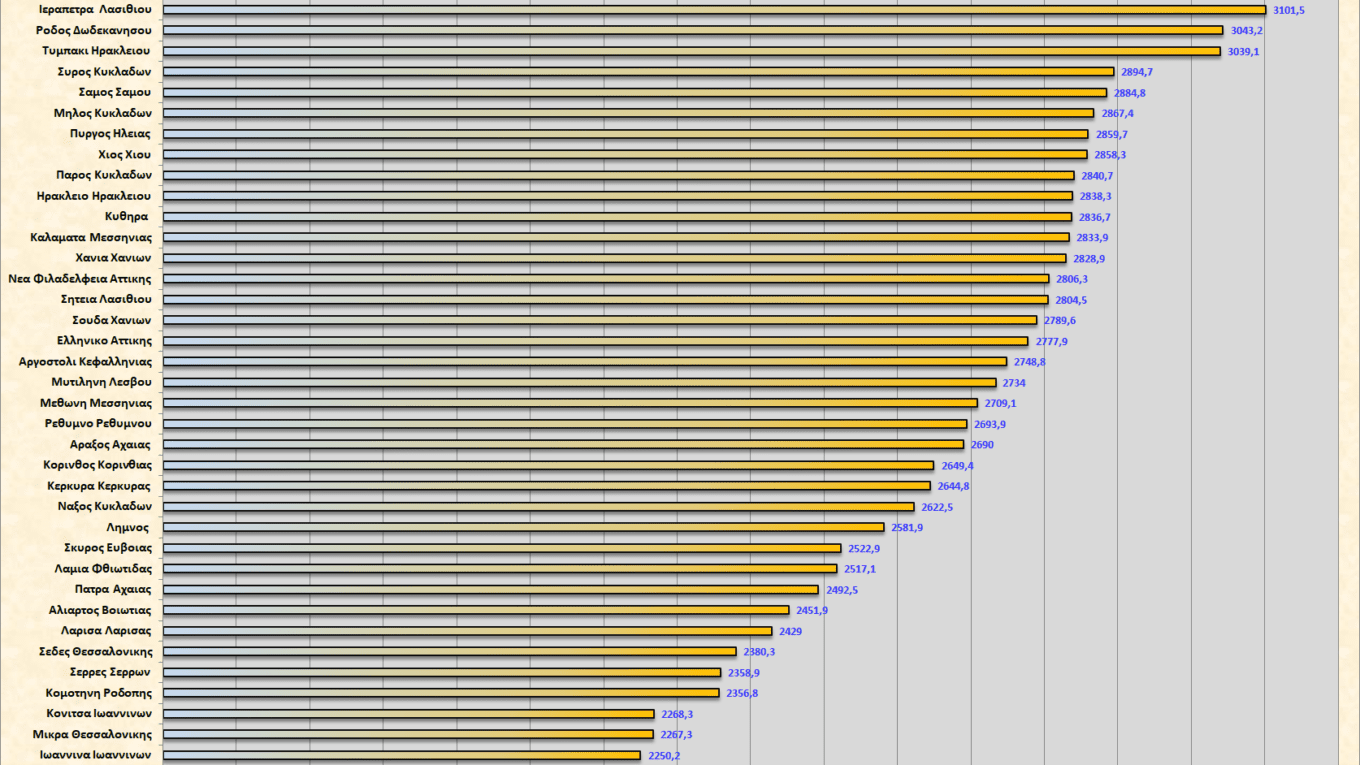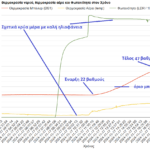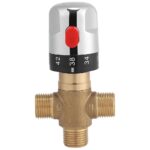Solar Water Heaters as a Renewable Energy Technology
Existing Market for Solar Water Heating
Two main categories for heating water using solar energy arise from the final use of the heated water. The production of domestic hot water (DHW) for households and businesses, and the heating of larger volumes of water via heat exchangers on a small scale (central heating systems using triple-energy solar water heaters) or even on a large scale (such as pools, greenhouses, and other industrial facilities with appropriately sized equipment).
YOU MAY BE INTERESTED IN:
Can the hot water from a solar water heater heat your radiator system?
Domestic Hot Water
The use of hot water in households and businesses is quite diverse. The most common case is the installation of a simple solar water heater in a home or small business to meet basic needs, as described here. Beyond simple residential use, larger-scale DHW systems are built for institutions, apartment buildings, schools, hospitals, office complexes, hotels, and more. The use of hot water doesn’t end there—laundromats, car washes, and even fish farms require hot water, the production of which is often the largest contributor to their energy bills.
YOU MAY BE INTERESTED IN:
Can solar water heater water be used in washing machines and dishwashers?
Swimming Pool Water Heating
The water temperature in swimming pools can be regulated using a solar heating system. The main benefits include energy and cost savings and extending the usage period of outdoor pools—especially in colder countries. In Canada, the US, and other nations with cold climates, solar pool heating is a very popular approach and a significant market. In Greece and similarly sunny countries, this goal is easier to achieve. According to sunlight statistics in Greece, the sun offers us its energy for about 2700 hours annually on average (more in Crete – less in Ioannina ( GREECE )). Around 1000 of those hours occur in fall and winter when energy and cost savings are most beneficial.
The core principle for pools is the same as with standard solar water heaters.
Pool water temperature can also be regulated using solar water heating systems, extending swimming seasons and reducing conventional energy costs. These systems operate similarly to domestic solar hot water systems, with the pool acting as a thermal reservoir. For outdoor pools, a properly sized solar water heater can replace a conventional one—the pool water is pumped directly through solar collectors using the existing filtration system.
Applications for solar pool heating range from small summer-use backyard pools to large Olympic-sized indoor pools used year-round.
There is strong demand for solar pool heating systems. In the United States, for example, the majority of solar collector sales are for non-glazed surfaces for pool heating applications.
Historical Progress and Current Situation
Using solar energy to heat water is not a new concept. Centuries ago, the greenhouse effect was observed by Swiss scientist Benjamin de Saussure, who noted that the temperature rise in enclosed spaces could one day be harnessed, though he had no practical application at the time! For at least a hundred years now, black-painted containers have been used as the simplest implementation of domestic hot water production (DHW) in many countries.












